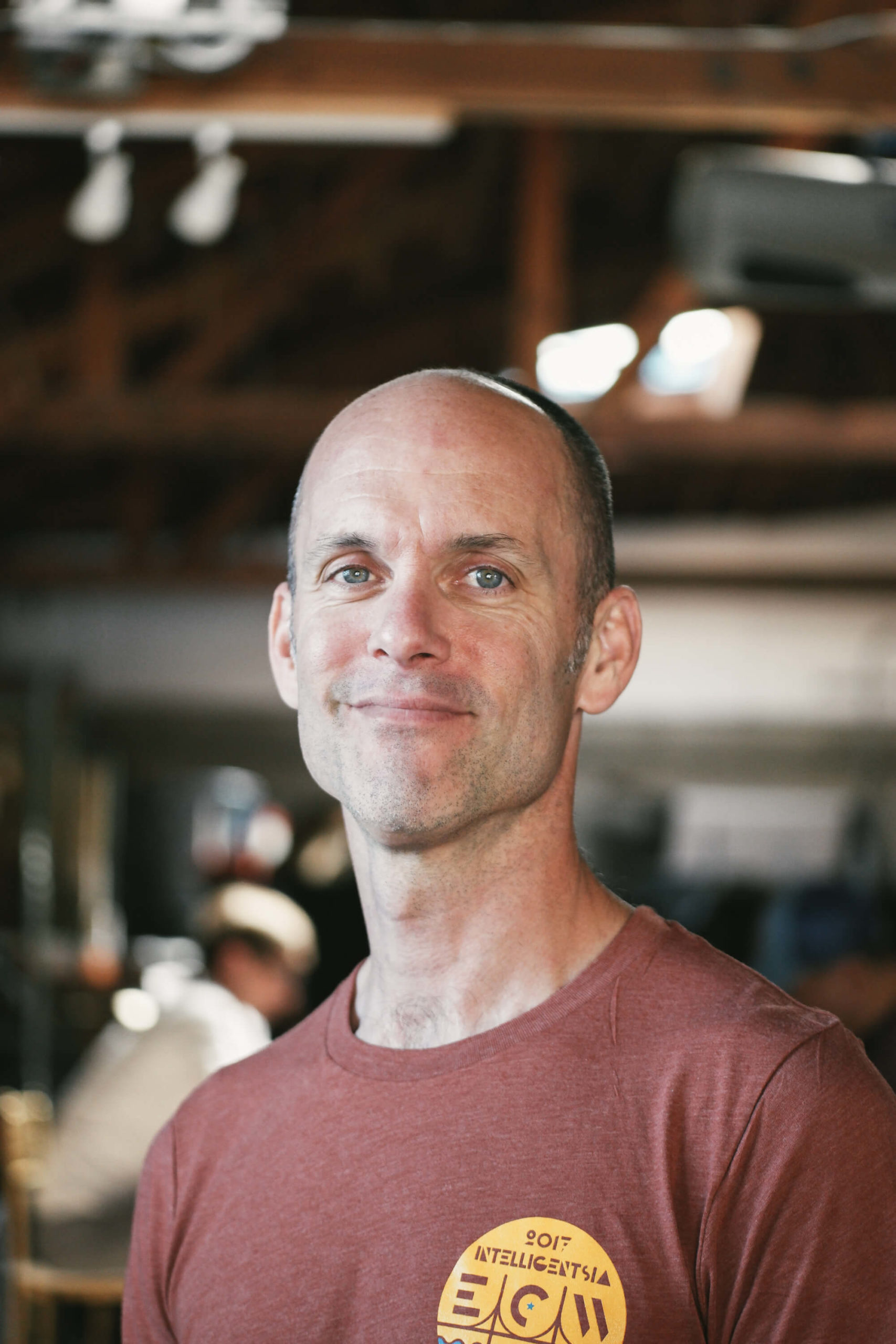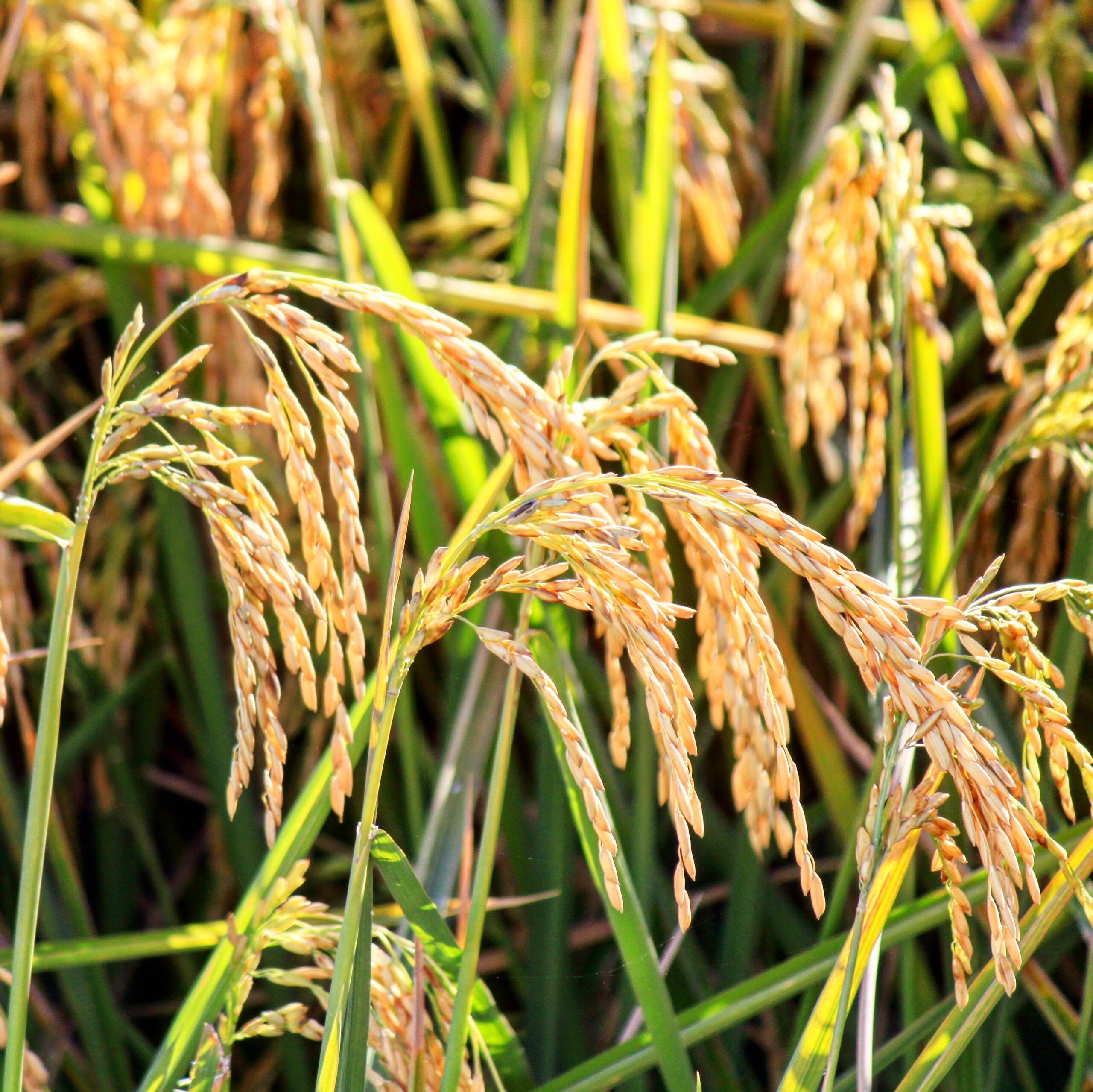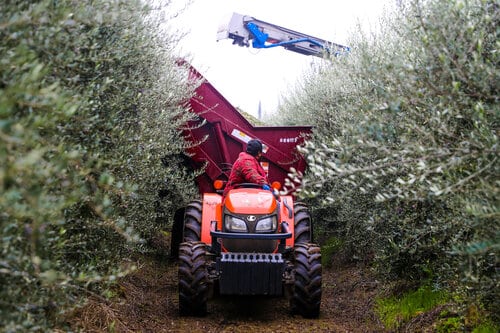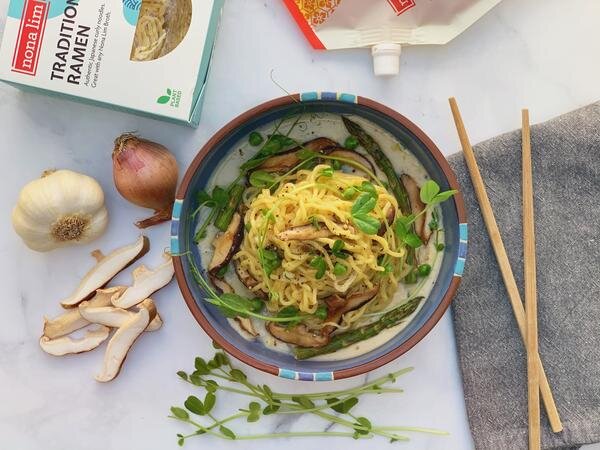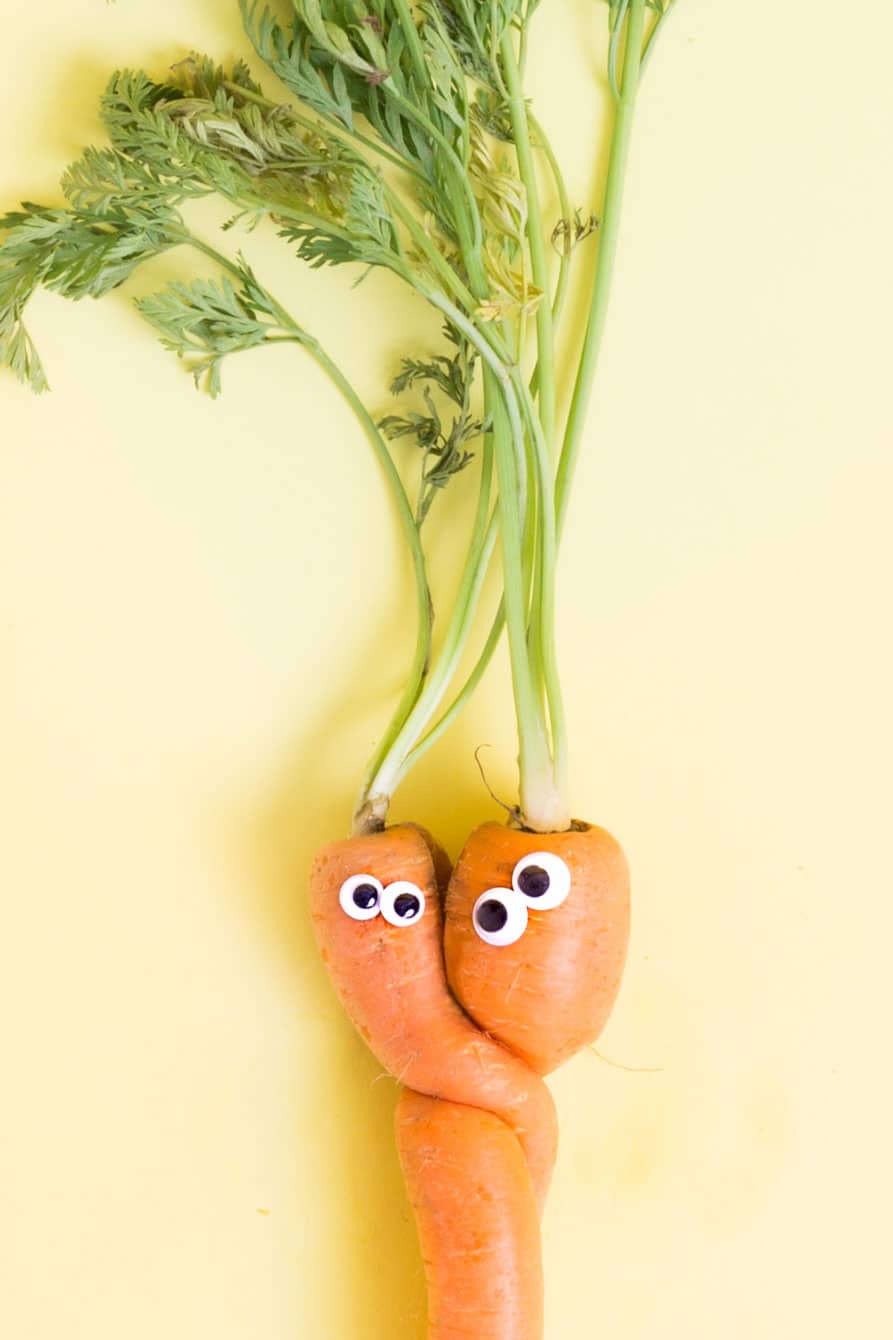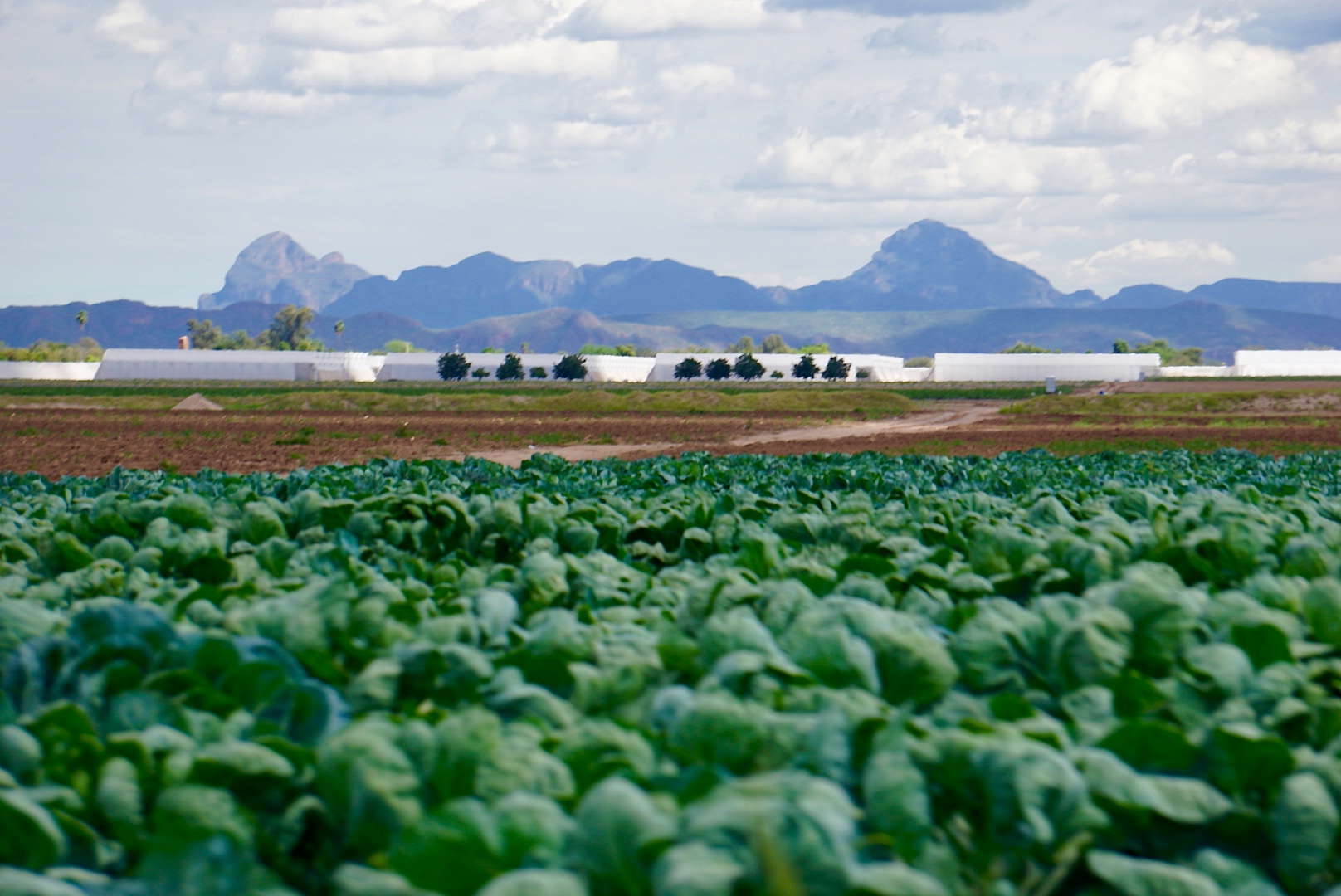The most acute threat to the sustainability of coffee is economic.
michael sheridan
Most of us drink coffee regularly, but how often do you think about how and where it’s grown? To help us understand the complicated intersection of business and agriculture that shapes the world of coffee, we invited Michael Sheridan of Intelligentsia coffee to the podcast.
As the sourcing director of Intelligentsia, Michael has visited many of the world’s top growing regions and has a unique perspective into the challenges facing the people that grow the coffees many of us know and love. In our chat, we talk about why the coffee market is so volatile for growers yet rarely impacts the price that coffee drinkers pay. We also explore why the direct trade model creates exceptional quality coffee and how fixed coffee pricing can actually be a net positive for coffee growers and buyers alike. Michael explains why surplus is such a persistent problem in the coffee industry, and what a more equitable and sustainable approach to growing coffee can look like. Whether you’re a coffee nerd or just an avid drinker looking to learn more about how it’s grown, this episode has something informative for you!
Show Notes:
- Intelligentsia coffee’s website
- Michael is a pioneer of the direct trade coffee model, which goes beyond Fair Trade to build up the livelihood of coffee workers year in and year out
- Michael pointed out that, like all agricultural workers, coffee workers have to negotiate a ton of risk with every harvest. In particular, coffee growers have to contend with climate risk, exchange rate risk, market risk, and price risk.
- As a perennial tree crop, it takes a while for coffee trees (technically shrubs) to start producing fruit. There is a four-year lag between when folks plant a coffee tree and when it starts bearing fruit. This lag is a large part of why the coffee market is so volatile and prone to surplus.
- Michael is adamant that since it’s so complex in terms of flavor, coffee is much more like wine than it is other agricultural products that are traded as commodities
- Michael recommends brewing coffee at 205F. Less than 190 is too low and more than 205 can scald the coffee.
- The Speciality Coffee Association puts together educational materials about coffee that Michael recommends
- A Chemex can be the gold standard for brewing specialty coffee
- For brewing coffee, Michael is a fan of using an Aero Press
- The Borderlands project is seriously inspiring
- Michael recently started reading more fiction and recommends “The Poisonwood Bible” by Barbara Kingsolver
- Michael’s go-to karaoke song would be “Roadhouse Blues” by The Doors
- Michael admires Paul Farmer and his work at Partners in Health
- Check out Intelligentsia’s blog!
If you enjoyed this, then tune in to Exploring the American Wasteland with Jonathan Bloom.

